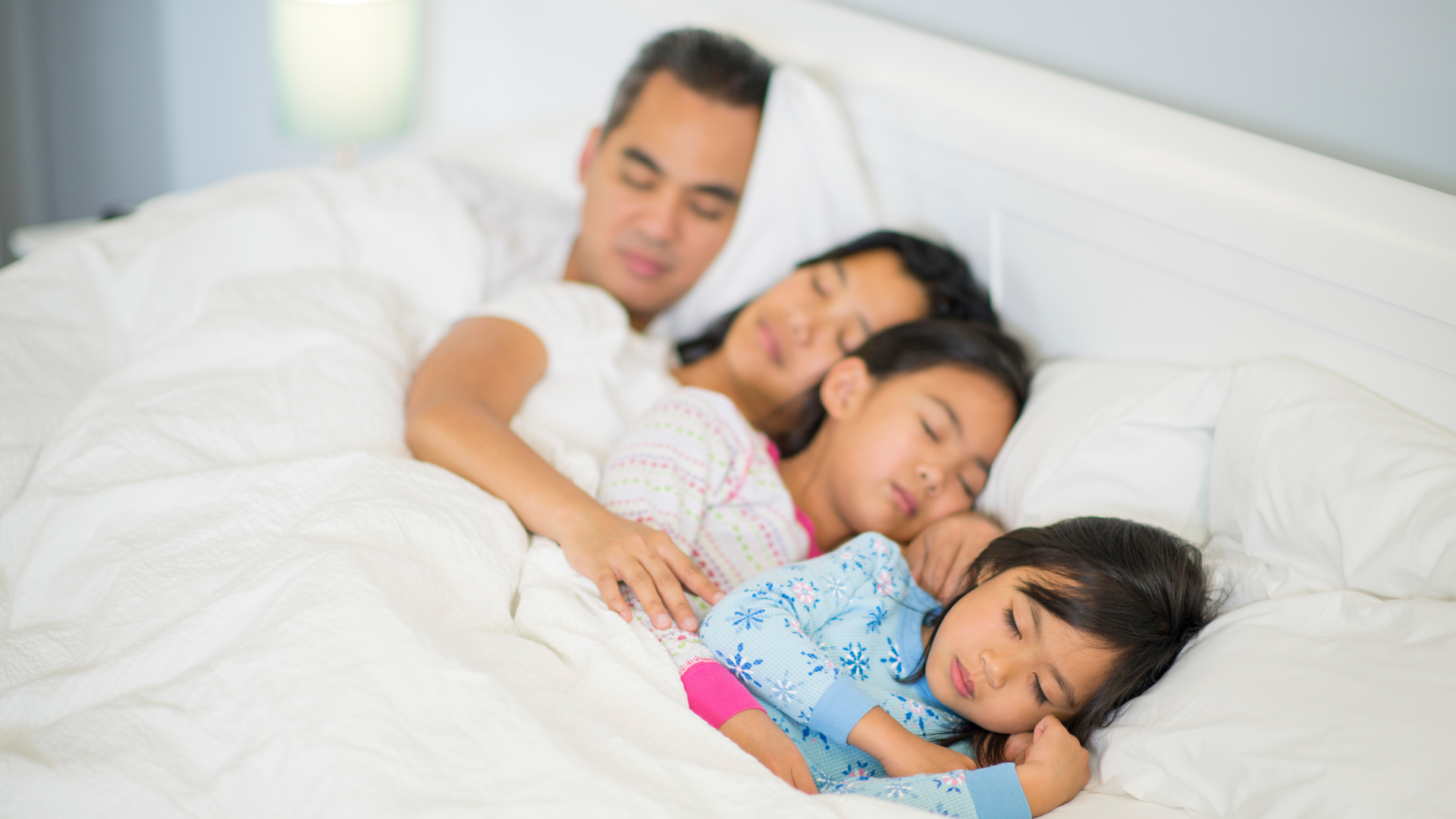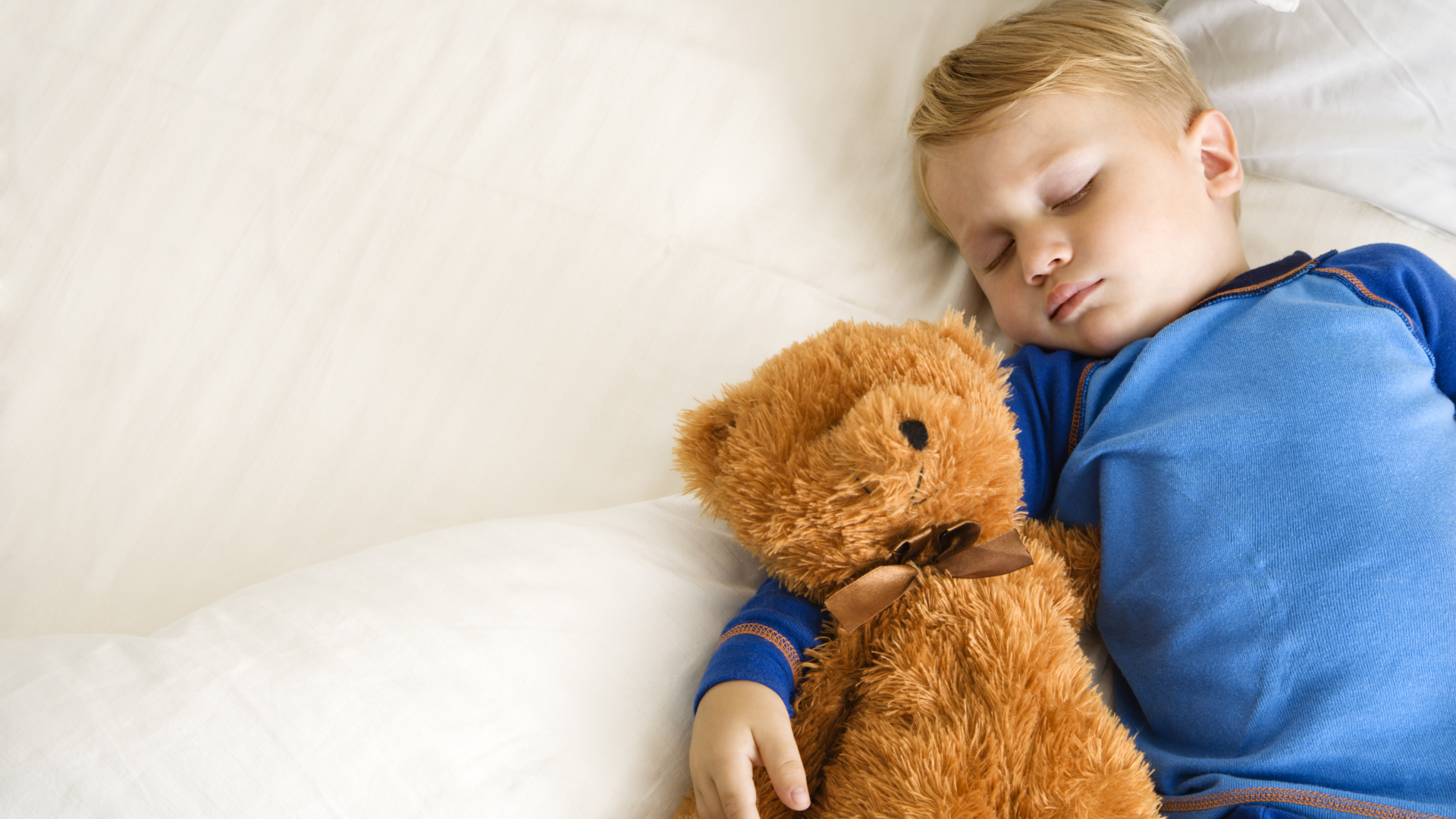THE READY SET SLEEP BLOG
For BCBA’s & The Families They Serve
Why Specializing in Sleep Is Liberating (not Limiting) for BCBAs
There’s a common belief in our field that specializing means narrowing your opportunities.
Many BCBAs hesitate to niche down because they worry it will limit their caseloads, reduce flexibility, or box them into a role they might outgrow. The pressure to be a “generalist who can handle anything” is strong, especially in systems where demand is high and resources are stretched thin.
But after years of working at the intersection of behavior analysis and sleep, I’ve seen the opposite play out again and again.
Burnout Isn’t a Personal Failure: What Sleep Reveals About BCBA Sustainability
Burnout is one of the most common conversations in our field… and one of the most misunderstood.
BCBAs talk about exhaustion, emotional fatigue, and the sense that the work feels heavier than it used to. Many describe feeling stretched thin, disconnected from progress, or quietly questioning how long they can continue at this pace. And while workload and administrative demands are often blamed, those explanations rarely tell the full story.
Why Sleep Research Still Leaves Clinicians Guessing… and What BCBAs Can Do About It
Sleep is one of the most studied biological processes in human health. And yet, when it comes to how we assess sleep problems, especially in autistic learners, the research leaves clinicians with more questions than answers…
There’s No “Right” Way to Sleep: Cultural Considerations Every BCBA Should Respect
New families are like Forrest’s box of chocolates. We never know what we’re going to get.
Not because families are unpredictable in a negative way, but because every household comes with its own norms, values, routines, and definitions of what “normal” looks like. And when it comes to sleep, those differences become especially important.
“That’s Not What I’ve Heard…” Helping Families Make Sense of Conflicting Sleep Advice
If you’ve supported sleep at all as a BCBA, you’ve heard some version of this sentence:
“That’s not what I’ve heard…”
Sometimes it shows up gently, as a genuine question. Other times, it arrives with frustration behind it. A caregiver has read a blog, watched a video, joined a support group, or been given a recommendation from another provider and what they’ve heard doesn’t match what you’re suggesting.
Looking Back to Move Forward: What 2025 Taught Us About Sleep in ABA and What’s Possible in 2026
As we step into a new year, it’s the perfect time for reflection. For me, 2025 reinforced something I have known for a long time: sleep remains one of the most powerful and most overlooked variables in behavior support. Despite the growing awareness of its importance, sleep is still too often treated as peripheral rather than foundational. And that reality creates both responsibility and opportunity as we move into 2026.
When Everyone Does Bedtime Differently: Creating Sleep Consistency Across Caregivers During the Holidays
The holiday season has a way of bringing everyone together, sometimes under one roof, sometimes across many. Travel, overnight guests, shared childcare, and blended households become the norm. And while that can be meaningful and joyful, it’s also when sleep routines are most likely to unravel…
Beyond “Sleep Training”: A New, Compassionate Framework for Supporting Healthy Sleep
For many families, the words sleep training evoke an immediate, visceral reaction. They picture long nights of crying, rigid rules, ignoring needs, and behavior escalations that feel impossible to navigate. The term is so loaded that some families shy away from any sleep support at all, assuming the only path to better rest is something they don’t feel comfortable with.
And honestly? They’re not wrong to hesitate.
To Nap or Not to Nap? What BCBAs Need to Know About Sleep in Clinic Settings
One of the most common daylight debates inside ABA clinics isn’t about reinforcement schedules or data collection. It’s about naps. Should learners nap at the clinic? Should clinics allow it? Does napping help or hinder learning? And what about the policies that prohibit naps altogether?
Safety, Not a Solution (Part Two): From Setup to Sleep: Helping Learners Transition Successfully to a Cubby Bed
For families approved for a Cubby Bed, the moment it arrives can feel like both progress and pressure. They finally have the equipment that keeps their child safe at night, but now they’re staring at a large, zippered enclosure wondering where to begin, how their child will react, and what the first night will hold.
Safety, Not a Solution (Part One): Understanding When a Cubby Bed Is the Right Fit
For many families, bedtime feels less like winding down and more like standing guard. When a child wanders at night, climbs furniture, or can’t safely stay in their room, the risk of injury, and caregiver exhaustion, skyrockets.
When Sleep Problems Aren’t “Behavioral”: How BCBAs Stay in Scope
BCBAs are uniquely skilled at identifying environmental and behavioral variables that affect a learner’s ability to fall asleep and stay asleep. But not every sleep problem is behavioral and knowing the difference is essential for staying ethical, effective, and within scope.
The Cost of Ignoring Sleep: What Families and Clinics Risk
When sleep problems go unaddressed, they don’t just show up at night — they ripple through every part of a learner’s life, and through the systems designed to support them. For families, that ripple looks like burnout. For clinics, it looks like turnover, stalled progress, and financial loss.
Sleep isn’t a “nice-to-have” variable. It’s a core condition of effective behavior support. Ignoring it costs everyone more than missed rest — it costs engagement, stability, and outcomes.
The Professional Edge: Why Sleep Certification Sets BCBAs Apart
In every intake meeting, every caregiver interview, and nearly every parent questionnaire, one topic comes up again and again: sleep.
It’s one of the most common concerns families bring to behavior analysts — and one of the least covered topics in most graduate programs. That gap isn’t just academic. It’s a missed opportunity for BCBAs to make a deeper impact, expand their skill set, and stand out in a competitive field.
The Hidden Ripple Effect: How Poor Sleep Undermines ABA Goals
When sleep isn’t working, nothing works quite the same. Families feel it first—long nights, tired mornings, and stress that seeps into daily life. But the ripple effect doesn’t stop there. For BCBAs, overlooked sleep challenges quietly erode treatment plans, weaken progress, and make fidelity harder to sustain.
Is Sleep a Behavior? What BCBAs Can and Should Target (For Families, Too)
“Is sleep a behavior?” I hear this from BCBAs and families all the time.
Short answer: The state of sleep is biological.
Also true: The patterns that lead into sleep and help maintain sleep (wind-down, separating from caregivers, resettling between cycles) are behaviors and that’s where BCBAs make meaningful, ethical change. When we say “view sleep as a behavior,” we’re using shorthand for “target the behavioral chain that culminates in and sustains the sleep state.”
Bedwetting at Night: What BCBAs Can Do (and What We Shouldn’t Promise)
If you work with families long enough, you’ll hear it: “We’ve tried everything, and the bed is still wet.” Nighttime wetting (nocturnal enuresis) sits at the intersection of development, biology, and behavior—and when we treat it like a purely behavioral problem, everyone gets frustrated. This post offers a practical, scope-aligned approach for BCBAs: what’s typical, what warrants medical input, and where our work truly moves the needle.
From Consultation to Collaboration: How to Talk About Sleep So Caregivers Lean In
If you’ve ever launched a thoughtful sleep plan only to watch it stall by week two, the issue usually isn’t the science—it’s how the conversation landed. By the time families reach us, they’re tired, cautious, and carrying a long history of “we tried that.” Our job is to make the first step feel doable, show a quick win, and build trust for the next step.
Humility First: A Compassionate-Care Approach to Sleep Programming
If you’ve ever sat with a caregiver of an older learner who whispers, “We thought it would be better by now,” you know sleep isn’t just a technical problem—it’s an emotional one. Sleep struggles often carry years of missed evenings, exhausted mornings, and a heavy dose of guilt or shame. When we lead with humility, we make space for something families need as much as a good plan: to feel seen, supported, and safe trying again.
Sleep Science Every BCBA Should Know (But Was Never Taught)
Sleep is often talked about as a behavior. But sleep is also biology. And unless BCBAs understand the biological systems behind it, we may find ourselves recommending strategies that sound good behaviorally—but don’t align with the science of how sleep actually works.
In this post, we’re surfacing key sleep science that wasn’t covered in our coursework, but should absolutely inform our practice—especially when supporting autistic learners and their families.





















